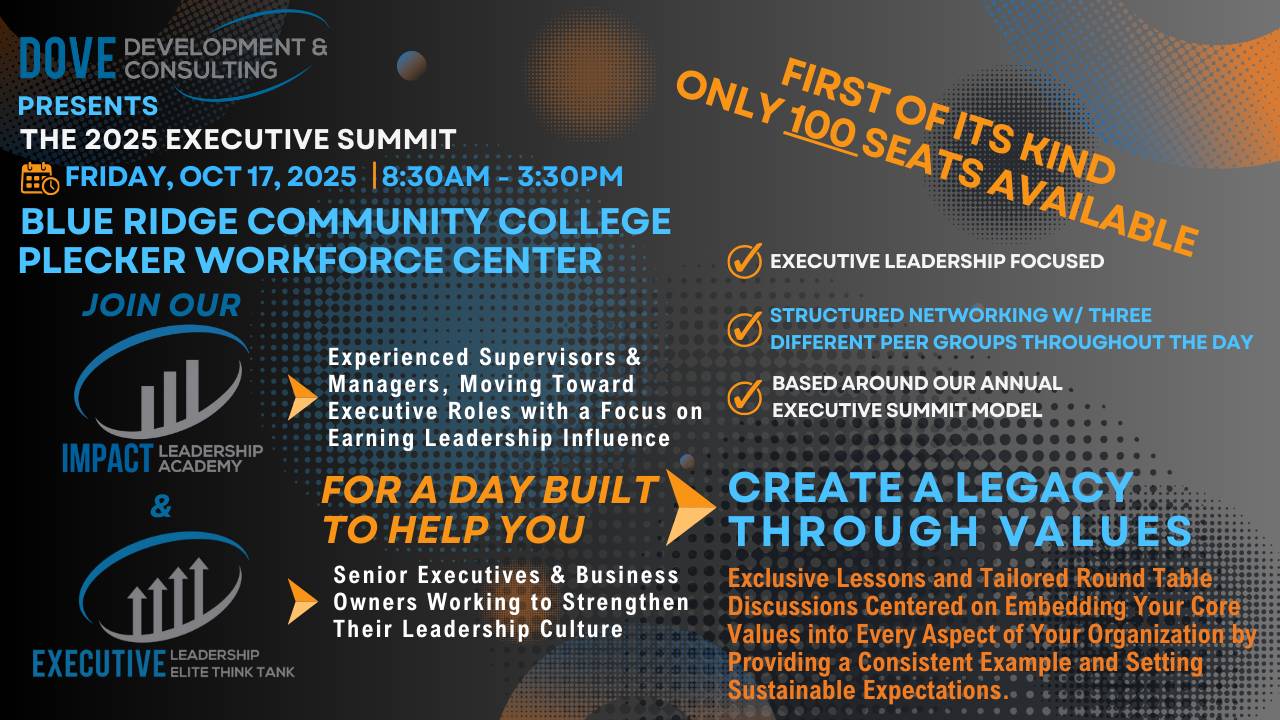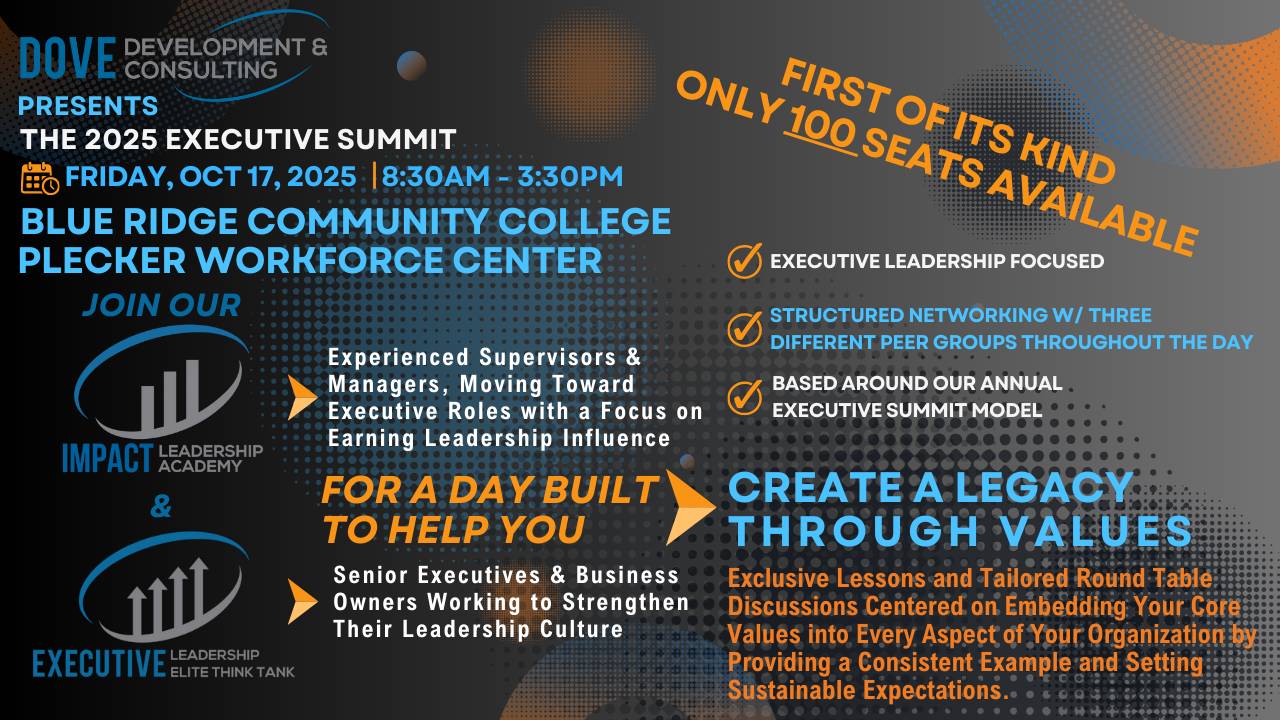Collaboration as a Multiplier in Relational ROI
Jul 23, 2025
Having just mentioned the manager I reported to for over a decade, and a few specific things he impressed upon me during that time, let’s look at a few more crucial lessons he mentored me on during that time. There are several passages in the Bible that caution us about overlooking the value we get from those we’re familiar with. Proverbs 25:17 teaches us not to wear out our welcome with that statement, “Withdraw thy foot from thy neighbor’s house; lest he be weary of thee, and so hate thee.” Throughout the Gospels, there are references to the contempt Jesus received in his hometown with Mark 6:3 detailing it this way: “Is not this the Carpenter, the Son of Mark and Brother of James and Joses and Judas and Simon? And are not His sisters here with us? - And they took offense at Him.”
I worked side by side with Kevin nearly every day for close to fifteen years, eleven of which he was my direct supervisor - but I can’t recall a single time where he treated me like anything but a peer. Not only did he encourage me to chase all the professional development I could and to interview for other positions so I’d be prepared for whatever the future held, he taught me more about workplace safety than any other dozen folks combined. He also provided an amazing example of how to work with people who often didn’t want to hear the message we were responsible for sharing.
Through all I learned from Kevin, I can’t recall a single time where he said, “Wes, I’m going to teach you something.” His lessons were always shared through a lens of what one of his mentors had taught him along the way. Kevin rarely took credit for the incredible work he did, passing it back to someone who had helped him earlier in his career and just as often shining a light on something I had done (with his guidance). While I can honestly say I’ve never felt the slightest bit of contempt toward Kevin, I know I’ve often taken all he invested into me for granted. Looking back, though, I can now think of dozens of people I’ve passed his lessons along to and I’ve seen many of them benefit tremendously because of that.
In chapter two of Everyone Communicates, Few Connect, “Connecting is All About Others,” John Maxwell tells us that each person we work to build a connection with will be asking these three questions of us before they’ll openly receive anything we have to offer:
- Do You Care About Me”
- Can I Trust You? (There’s that TRUST thing again…)
- Can You Help Me?
Within days of starting to work with Kevin (it never felt like I worked for him), I unequivocally knew the answer to each of these questions was YES! By sharing how others had mentored him, he actively mentored me. And I’ve since been able to pass much of that along to folks I’ve had the privilege of mentoring in one way or another. He and I had one of the most collaborative working relationships I can remember, at least prior to working with Cindy. That collaboration, what he learned from his mentors being passed on to me and likely many others who he mentored over the years, and each of us being able to pass those lessons along through our relationships, has indeed been a tremendous multiplier of relational ROI.
With this example fresh in your mind, I’ll challenge you to think about who has been actively mentoring you that you may not fully appreciate because of your familiarity with them? If you have kids, or have ever been around a kid at any point in your life, you know they often need to hear things from someone not named “Mom” or “Dad” for it to sink in. That happens just as often for you and me… Rather than allowing our familiarity to breed contempt, even if it’s just in the form of under-appreciating the mentorship we’re receiving from a close relationship, I’ll challenge you to approach it from a Proverbs 27:17 standpoint, “As iron sharpens iron, so one person sharpens another.”
Since so much of this look at strength through great professional relationships ties back to that, we’ll work through how we can turn relationships into measurable leadership growth soon. First, though, we’ll circle back to the importance of developing our emotional intelligence so we can maximize relational value.



